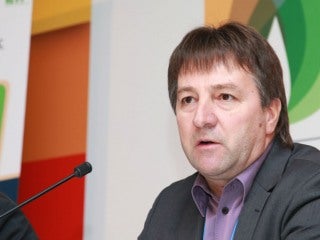
CUPE also took part in an earlier conference hosted by the International Trade Union Confederation (ITUC) that highlighted labour progress on climate change. The ITUC presented its priorities to UN negotiators working to reach a deal at COP21: that a just transition for workers be included in the core agreement; that adequate financing be provided for adaptation in developing countries; and that nations agree to a high level of ambition to cut greenhouse gas emissions.
Before COP21, CUPE members took part in rallies and marches across Canada. From Charlottetown to Vancouver, they joined other labour, Aboriginal and civil society groups calling for meaningful action on climate change. Under the banner “100 per cent possible”, the marches showed diverse support for a clean, green and sustainable society. Approximately 25,000 people marched through the streets of Ottawa, the largest climate change rally held in Canada to date.
At the end of the day, an agreement was reached at COP21, and is viewed by many as a starting point for more work ahead. The Paris agreement signals progress on climate change being made, but cuts in greenhouse gas emissions need to intensify. “An imperfect agreement is better than no agreement at all, but now the real work continues,” says Fleury. “This is where CUPE needs to work to hold Canadian governments accountable and to continue to fight for action on climate change that brings workers along as part of the solution, while creating good, green public sector jobs.”


